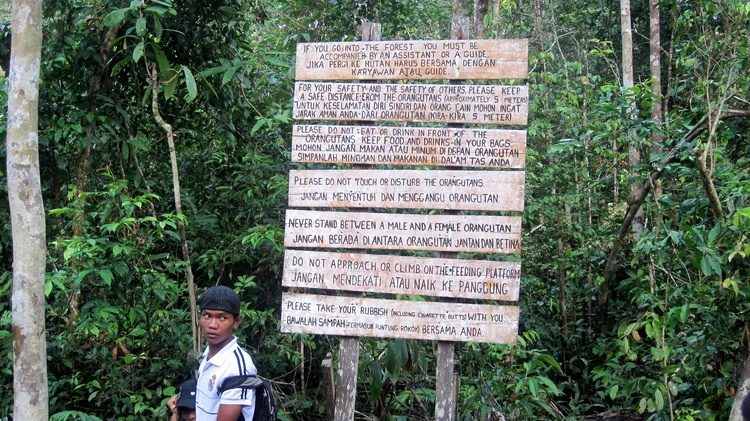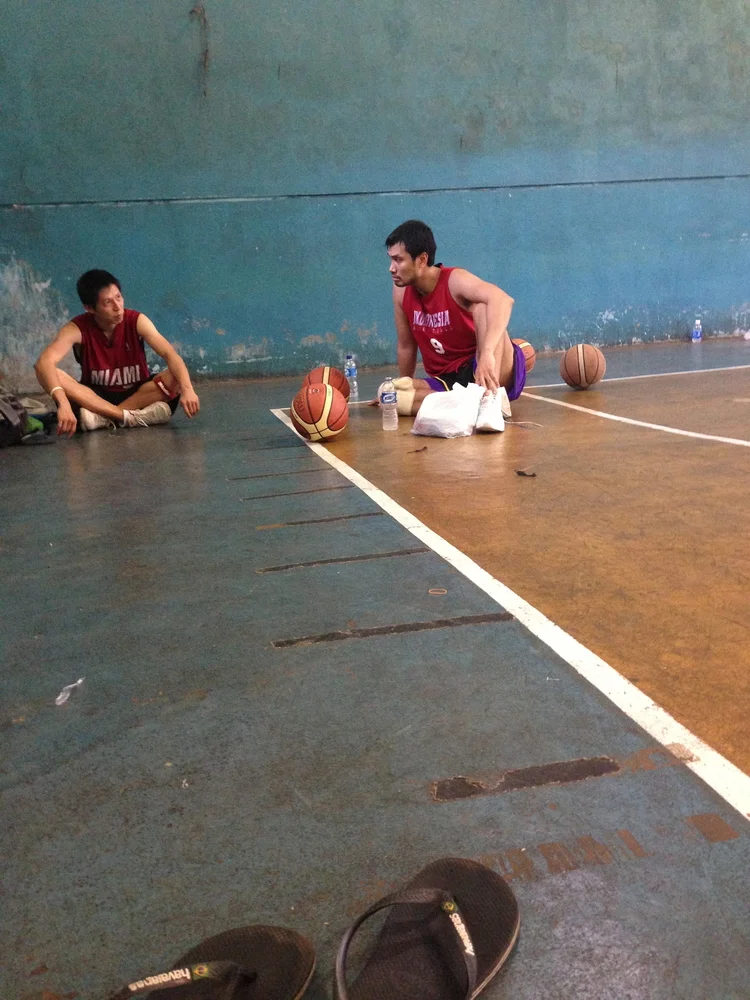The river contains the refuse, riches and history of communities upstream. From afar they impress as if bank-side with their character, complexity, hope, even pain. You can’t escape it. We are riding on it. At some point, we will bathe in it. We probably are even drinking it. What is the story? Is it a lineage of minors paid $10 dollars a day to sift the land for gold? Is it a small girl doing the family’s laundry in advance of her years? Is it a school boy, who understands both the distance the river represents and his way out? Maybe it’s simply a water lizard’s morning lap and lapse on a glistening stone. A lazy white butterfly flits by.
Across two house-boats, we all fast become friends. It is like camp, where eating, playing, sleeping, and stinking together simply makes you close. The cup song, the clapping game, and the book of traditional Indonesian stories I brought from Jakarta to study, have gone viral. There is regular cross-pollination between the vessels. Whenever the two boats get close, limbs and luggage move quickly across their gunnels in violation of an unenforceable policy on boat safety. Laughter comes easily on this cruise as does the luxury of late morning and afternoon naps.
A rock, a river, a tree. This is the beginning of one of Maya Angelou’s most famous poems, ‘On the Pulse of the Morning’ about which I naturally think on in this place. I can’t remember well the rest of the poem and will look it up later. Yet, I have a good feeling the poem captures very well the spirit and possibility being created by the forest and its inhabitants and all its guests right now
--------
‘On the Pulse of the Morning’
A Rock, A River, A Tree
Hosts to species long since departed,
Marked the mastodon.
The dinosaur, who left dry tokens
Of their sojourn here
On our planet floor,
Any broad alarm of their hastening doom
Is lost in the gloom of dust and ages.
But today, the Rock cries out to us, clearly, forcefully,
Come, you may stand upon my
Back and face your distant destiny,
But seek no haven in my shadow.
I will give you no more hiding place down here.
You, created only a little lower than
The angels, have crouched too long in
The bruising darkness,
Have lain too long
Face down in ignorance.
Your mouths spilling words
Armed for slaughter.
The Rock cries out today, you may stand on me,
But do not hide your face.
Across the wall of the world,
A River sings a beautiful song,
Come rest here by my side…




